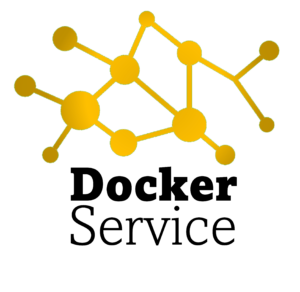General
ISTQB defines several roles which are involved in the testing process. Understanding their scope and responsibility ensures the fulfillment and quality of the desired outcome. The following roles are defined:
- Test Manager
- Test Consultant
- Functional Tester
- Non-Functional Tester
- Test Automation Specialist
- Test Administrator
- Test Data Expert

